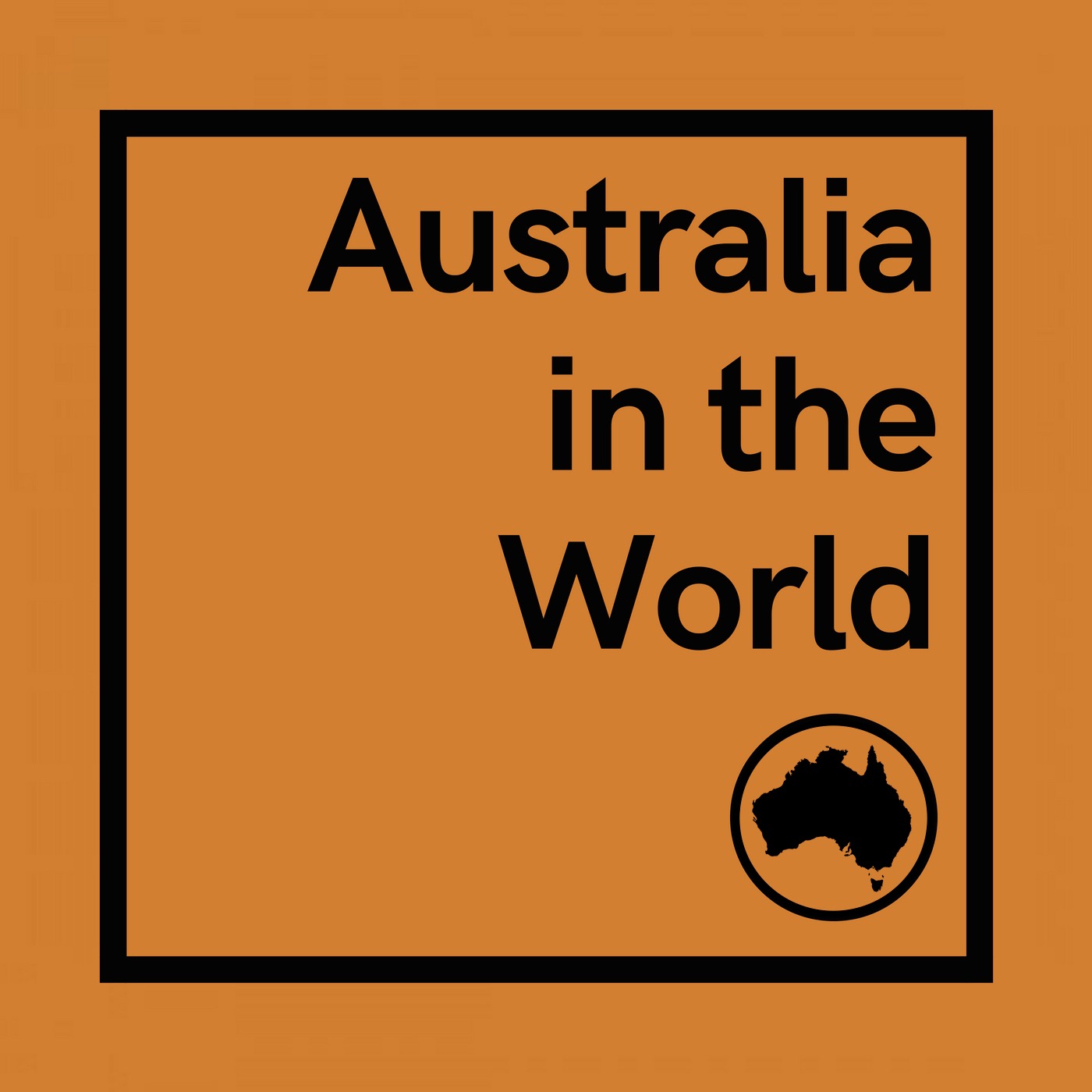Ep. 126: The international economic order—Past, present, and future
Description
In the second episode in a mini-series on international order, Darren is joined by Dr. Jenny Gordon to discuss the international economic order. Over the past 40 years Australia has arguably been the single greatest beneficiary of the post-war economic order, at least among the group of industrialised countries. But from the GFC to Brexit to paralysis in the WTO to the rise of weaponised interdependence, geoeconomics and industrial policy, the rules and institutions of that old economic order – and the international trade and investment that flourished within it – are all under threat.
Dr Jenny Gordon is an Honorary Professor at POLIS: The Centre for Social Policy Research at the Australian National University and a non-resident fellow at the Lowy Institute. Jenny had a long career in government, most recently as Chief Economist at DFAT from 2019 to 2021. Prior to that she spent 10 years at the Productivity Commission as the Principal Advisor Research, worked in the private sector, and began her professional career at the Reserve Bank of Australia. She holds a PhD in economics from Harvard University.
The conversation begins with the question: what was the old economic order, when did it begin and what did it do? As an economist, Jenny says the end of the Cold War is not a key turning point for the post-war economic order, one must go back to the 1970s and forward to 2000s find these turning points. She describes why the order worked well and how Australia did so well within it. The discussion moves to the problems and tensions that emerged that have led us to the current moment, and the two debate – and disagree slightly – on the actual state of the current economic order. Finally, they look to the future, and discuss industrial policy, climate change, alternative models of economic growth and, of course, geopolitics, as well as what the rules and institutions of the future might need to do to protect the benefits of economic openness while managing contemporary policy challenges like climate change.
Australia in the World is written, hosted, and produced by Darren Lim, with research and editing this episode by Walter Colnaghi and theme music composed by Rory Stenning.
Relevant links
Jenny Gordon (bio): https://www.lowyinstitute.org/jenny-gordon
The Seven Moons of Maali Almeida: https://en.wikipedia.org/wiki/The_Seven_Moons_of_Maali_Almeida
Peter Bellwood, The Five-Million-Year Odyssey: The Human Journey from Ape to Agriculture: https://press.princeton.edu/books/hardcover/9780691197579/the-five-million-year-odyssey
99 Percent Invisible (podcast): https://99percentinvisible.org/
Lupin (Netflix): https://www.netflix.com/au/title/80994082
Huberman Lab Podcast, “Dr. Becky Kennedy: Protocols for Excellent Parenting & Improving Relationships of All Kinds”, 26 February 2024: https://www.hubermanlab.com/episode/dr-becky-kennedy-protocols-for-excellent-parenting-improving-relationships-of-all-kinds
More Episodes
The shock may not be quite as sharp as 2016, but the consequences could well be even more dire. Eliza Harvey of the ABC returns to join Darren in talking through thoughts, and feelings, in reaction to Donald Trump's stunning election victory.
Australia in the World is written, hosted, and...
Published 11/07/24
Published 11/07/24
In an era where “economic security is national security”, arguably the most important perspective in how governments ought to intervene in the economy--in ways to maximise benefits and minimise costs--is that of the private sector. With that in mind, Darren welcomes Dr Huw McKay to the podcast to...
Published 10/28/24


